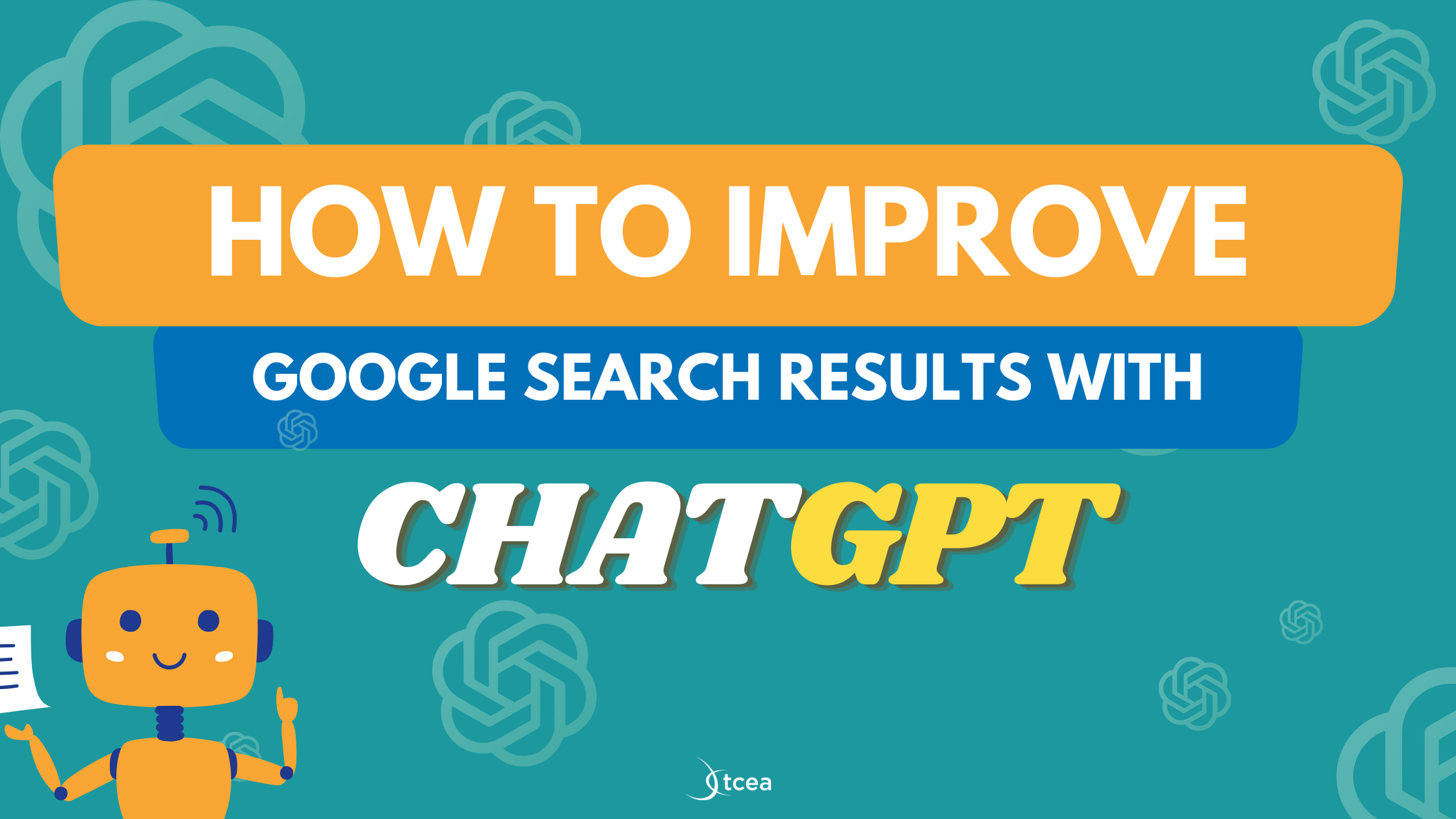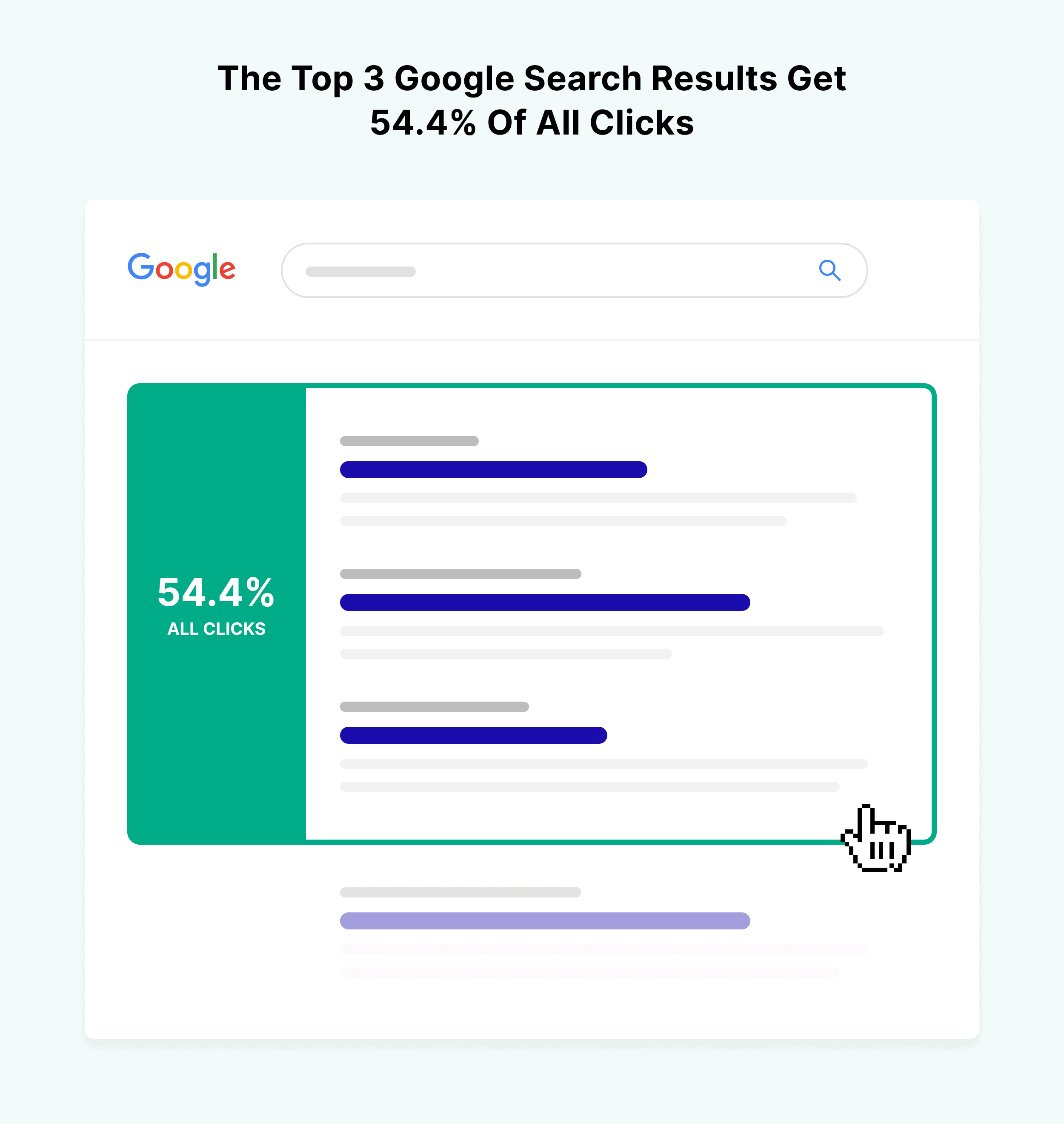Hey there, digital warrior! Are you tired of playing hide and seek with your website on Google's search results? Boosting your Google search results doesn't have to be a mystery wrapped in an enigma. Let me break it down for you like we're chilling at the coffee shop, okay? SEO can feel like trying to solve a Rubik's cube blindfolded, but trust me, it’s simpler than you think. With the right strategies, your website can climb those rankings faster than you can say 'algorithm update.' So, buckle up, because we're about to deep dive into the world of search engine optimization.
Boosting Google search results is all about understanding what makes Google tick. Think of Google as a super-smart librarian who knows exactly where every book belongs. Your job? Make sure your website is the most organized, well-written, and relevant book in the library. And hey, don’t worry if you’re new to this game. We’ll cover everything from the basics to the advanced techniques that’ll have you climbing those rankings in no time.
Now, let’s be real here. Everyone wants to rank on the first page of Google. But it’s not just about vanity; it’s about visibility, traffic, and ultimately, growing your business. By the end of this guide, you’ll have a solid plan to boost your Google search results and take your website to the next level. Ready to roll? Let’s get to it!
- Kannada Cinema History Streaming Future A Deep Dive
- Piper Perabo Bio Career Highlights Latest News 2024
Table of Contents
- Understanding How Google Works
- SEO Fundamentals for Better Rankings
- On-Page Optimization: The Basics
- Creating High-Quality Content
- Technical SEO: The Backbone of Your Site
- Off-Page SEO: Building Authority
- Local SEO: Dominating Local Search
- Monitoring Your Progress
- Common SEO Mistakes to Avoid
- Wrapping It Up: Boost Your Results Today
Understanding How Google Works
Alright, before we jump into the nitty-gritty of boosting Google search results, let’s take a step back and understand how Google actually works. Google uses a complex algorithm to determine which websites deserve to rank higher than others. It’s like a popularity contest, but instead of votes, it’s about relevance, authority, and user experience.
Here’s the thing: Google wants to deliver the best possible results to its users. That means your website needs to be super-relevant to what people are searching for, load lightning-fast, and provide an awesome user experience. If you can nail these three things, you’re already halfway there.
Key Factors Google Considers
- Content Quality: Is your content informative, engaging, and well-researched?
- Page Speed: Does your website load quickly, even on mobile devices?
- User Experience: Is your website easy to navigate and visually appealing?
- Backlinks: Do reputable websites link back to your content?
Now that we’ve got the basics covered, let’s dive into the first step of boosting your Google search results: mastering SEO fundamentals.
- Erika Jaynes Son Tommy Zizzo Updates Family Life On Rhobh
- Unveiling The Legacy Of Alan Ladd Jr Cheryl Ladd In Hollywood
SEO Fundamentals for Better Rankings
SEO, or Search Engine Optimization, is the foundation of any successful online strategy. Think of it as the blueprint for building a house. Without a solid foundation, your house is gonna crumble, right? The same goes for your website. SEO helps Google understand what your site is all about and why it deserves to rank higher.
There are three main types of SEO: on-page, off-page, and technical. Each plays a crucial role in boosting Google search results. Let’s break it down:
On-Page SEO
This is all about optimizing the content and structure of your website. Think of it as the interior design of your digital home. You want everything to look good, function well, and be easy to find.
Off-Page SEO
Off-page SEO focuses on building authority and trust through backlinks. It’s like getting endorsements from influential people. The more reputable websites that link to yours, the more credible you appear to Google.
Technical SEO
Technical SEO ensures your website is optimized for search engines to crawl and index. It’s like making sure the plumbing and wiring in your house are in tip-top shape. Without it, everything else falls apart.
On-Page Optimization: The Basics
On-page optimization is where the magic happens. It’s all about making your website as search-engine-friendly as possible. Here’s how you can boost your Google search results by optimizing your on-page elements:
Title Tags
Title tags are like the headline of your article. They tell both users and search engines what your page is about. Make sure your title tags are concise, descriptive, and include your target keyword.
Meta Descriptions
Meta descriptions are the sneak peek users see in search results. They should entice people to click on your link. Think of them as a mini-pitch for your content.
Header Tags
Header tags (H1, H2, H3, etc.) help organize your content and make it easier to read. They also signal to Google what the main topics of your page are. Use them wisely!
Creating High-Quality Content
Content is king, they say, and for good reason. If you want to boost Google search results, you need to create content that’s not only informative but also engaging and shareable. Here’s how:
Keyword Research
Keyword research is the first step in creating content that ranks. Use tools like Google Keyword Planner or Ahrefs to find keywords that your target audience is searching for.
Long-Form Content
Long-form content tends to perform better in search results because it provides more value to readers. Aim for articles that are at least 1,500 words, but don’t sacrifice quality for quantity.
User Intent
Understanding user intent is crucial. Are people searching for information, looking to buy something, or trying to solve a problem? Tailor your content to meet their needs.
Technical SEO: The Backbone of Your Site
Technical SEO might not be as sexy as creating killer content, but it’s just as important. Here’s how you can improve your website’s technical SEO to boost Google search results:
Site Speed
Site speed matters. A lot. If your website takes more than three seconds to load, you’re gonna lose visitors faster than you can say 'bounce rate.' Use tools like Google PageSpeed Insights to identify and fix speed issues.
Mobile Optimization
With more people using mobile devices to browse the web, having a mobile-friendly website is non-negotiable. Make sure your site is responsive and looks great on all screen sizes.
XML Sitemaps
XML sitemaps help search engines crawl and index your website more efficiently. Think of them as a roadmap for Google to find all your pages.
Off-Page SEO: Building Authority
Off-page SEO is all about building authority and trust. Here’s how you can do it:
Backlink Building
Backlinks are like votes of confidence from other websites. The more high-quality backlinks you have, the better your website will rank. Guest posting, broken link building, and creating shareable content are great ways to earn backlinks.
Social Media
While social media signals aren’t a direct ranking factor, they can indirectly boost your Google search results by increasing your website’s visibility and driving traffic.
Influencer Outreach
Collaborating with influencers in your niche can help you reach a wider audience and earn valuable backlinks. It’s a win-win situation!
Local SEO: Dominating Local Search
If you’re a local business, local SEO is your secret weapon for boosting Google search results. Here’s how to dominate:
Google My Business
Claim and optimize your Google My Business listing. Make sure your business name, address, and phone number (NAP) are consistent across all platforms.
Local Keywords
Incorporate local keywords into your content. For example, instead of targeting 'pizza,' target 'pizza in New York City.'
Online Reviews
Encourage satisfied customers to leave positive reviews on Google and other platforms. Reviews can significantly impact your local search rankings.
Monitoring Your Progress
Boosting Google search results is an ongoing process. You need to regularly monitor your progress and adjust your strategy as needed. Here’s how:
Google Analytics
Google Analytics is your best friend when it comes to tracking website traffic. Use it to monitor key metrics like organic traffic, bounce rate, and average session duration.
Google Search Console
Google Search Console provides valuable insights into how your website performs in search results. Use it to identify and fix any issues that might be affecting your rankings.
Rank Tracking Tools
Use rank tracking tools to monitor your keyword rankings. This will help you see which strategies are working and which ones need tweaking.
Common SEO Mistakes to Avoid
Even the best of us make mistakes. Here are some common SEO mistakes to avoid if you want to boost Google search results:
- Keyword Stuffing: Don’t overuse your target keyword. It’ll make your content look spammy and could get you penalized.
- Ignoring Mobile: With mobile-first indexing, ignoring mobile optimization is a big no-no.
- Low-Quality Backlinks: Quantity doesn’t beat quality when it comes to backlinks. Focus on earning links from reputable sites.
Wrapping It Up: Boost Your Results Today
Boosting Google search results isn’t rocket science, but it does require a solid strategy and consistent effort. By mastering SEO fundamentals, creating high-quality content, optimizing your website technically, and building authority through off-page SEO, you can climb those rankings faster than you ever imagined.
Remember, the key to success is patience and persistence. SEO is a marathon, not a sprint. Keep testing, learning, and adapting your strategy based on data and insights. And hey, if you ever feel stuck, don’t hesitate to reach out to the SEO community or hire a professional to help you out.
So, what are you waiting for? Start boosting your Google search results today and watch your website soar to new heights. And don’t forget to hit that share button if you found this guide helpful!
- David Muirs Wife Unveiling The Mystery Of His Personal Life
- Vince Carter Air Canadas Tribute Nba Legend See How


